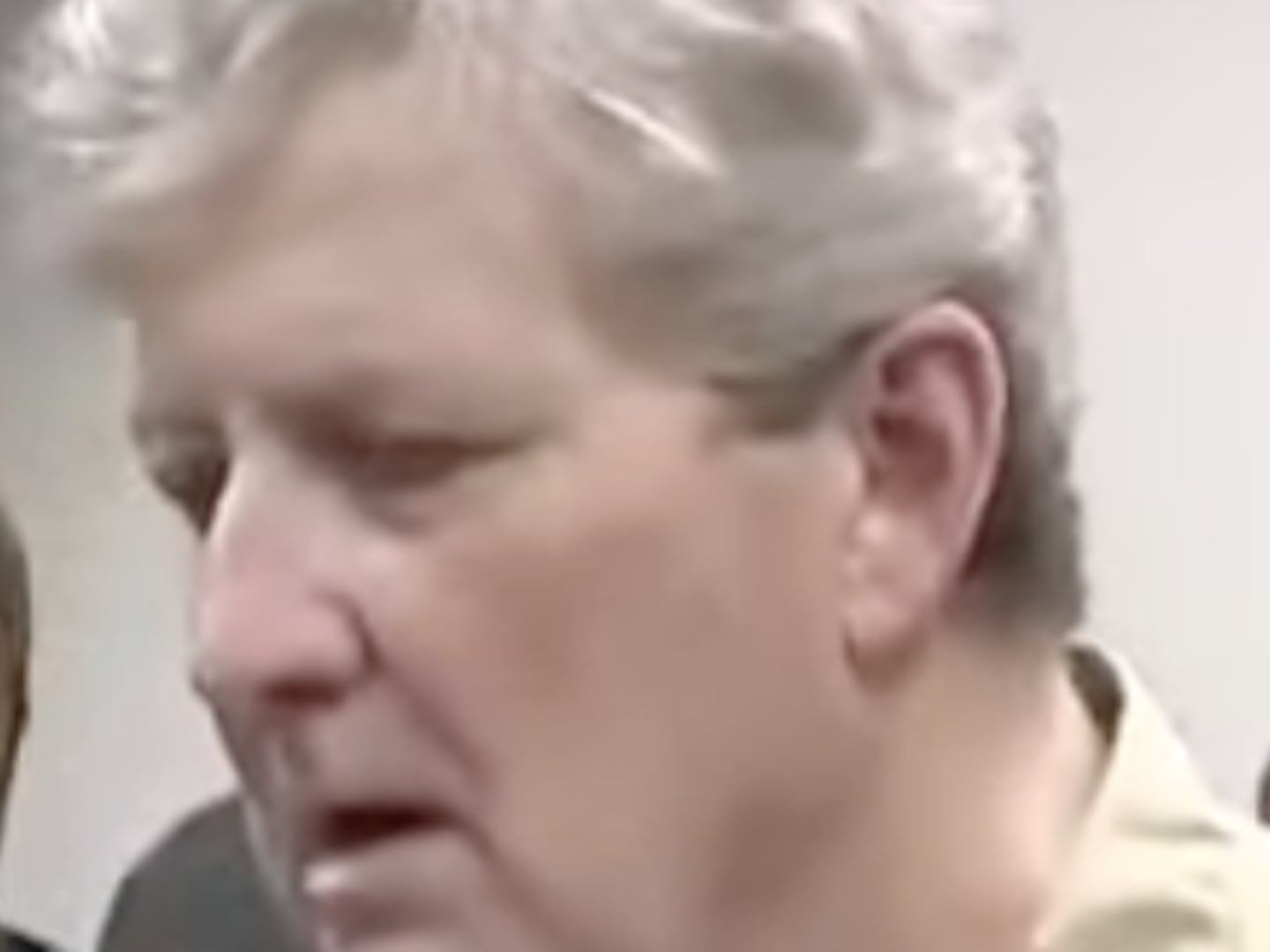Elections
Photo Illustration by Lyne Lucien/The Daily Beast/Getty
Which 2020 Candidates Pose the Biggest Threat to Big Tech?
BREAKING UP
From Elizabeth Warren to Joe Biden, the Democratic presidential hopefuls who want to break up Facebook—or do something less specific.






